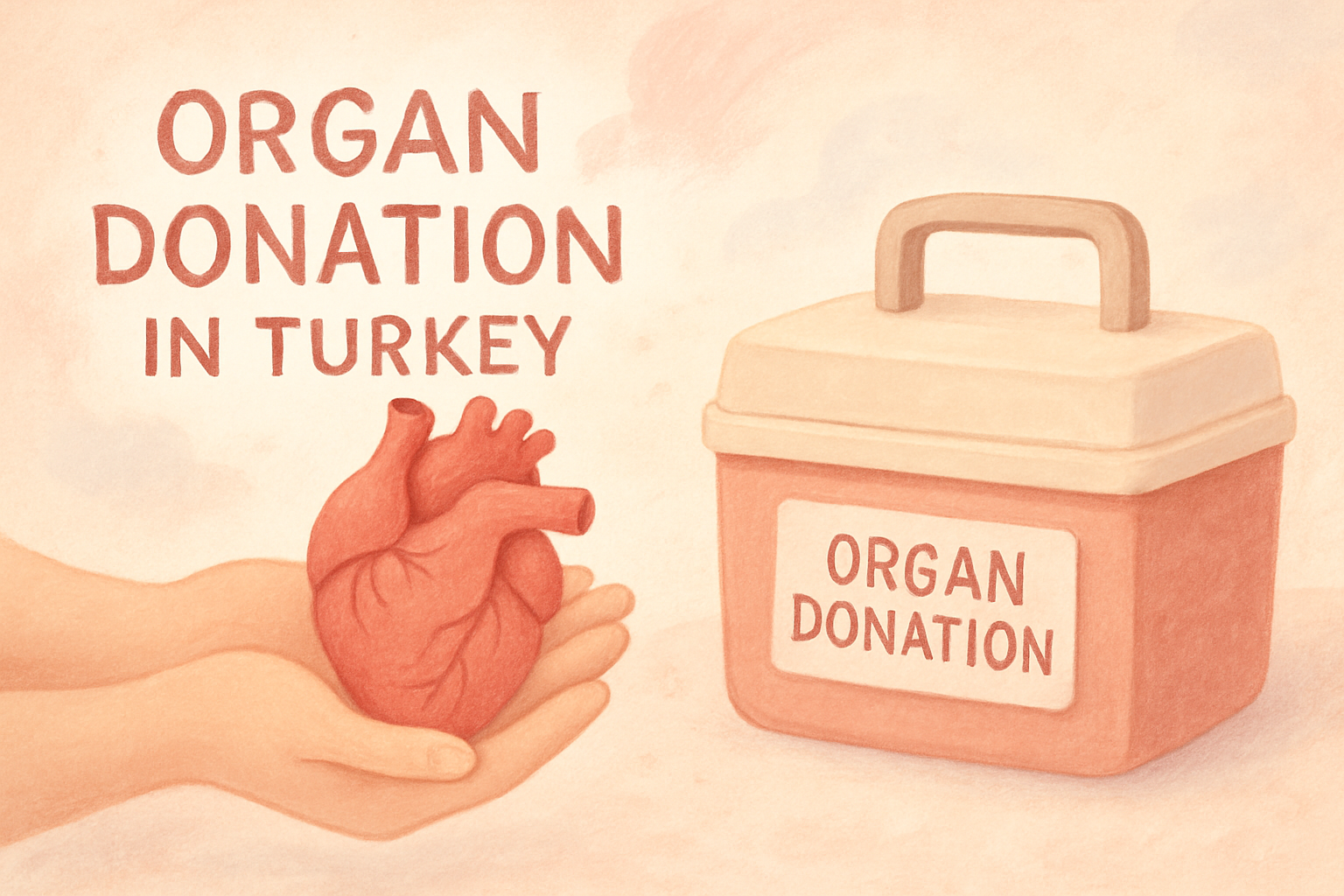Organ Donation Laws: How It Works in Turkey

Living as an expat involves embracing new customs, cultures, and sometimes challenging legal systems. Adjusting to healthcare norms can be especially tricky, particularly in a country with a dynamic landscape like Turkey. Health emergencies, access to facilities, and understanding local legislation become top priorities. One policy area often overlooked is organ donation. For expats and their families, clarity on Turkey’s organ donation laws ensures peace of mind and the opportunity to make informed choices about their health and well-being.
Understanding Organ Donation in Turkey
Turkey has developed comprehensive systems for organ donation to address national health concerns. The nation’s legal framework allows both Turkish citizens and foreign residents to participate in organ donation programs, which reflects a modern system striving to increase donor rates and save lives. For expats considering this step, there are essential facts to know.
- Organ donation operates on an opt-in basis.
- Only individuals over 18 who are mentally competent can become donors.
- Consent is documented either through organ donor cards or via explicit communication with family and healthcare professionals.
- The Turkish Ministry of Health strictly monitors all organ donation activities for safety and transparency.
- Foreigners with residence permits can participate in both donation and transplantation processes.
As an expat, familiarizing yourself with these fundamentals eases many concerns. For example, an expat living in Istanbul who wishes to donate, or might someday need a transplant, benefits from understanding how the law supports and protects their rights.
How to Become an Organ Donor in Turkey
Initiating the organ donation process involves a straightforward series of steps, well-suited for expats with varying levels of Turkish language proficiency. Many hospitals and health institutions offer service in English or can provide translators, making the process accessible.
- Visit any authorized public or private hospital to express your intent to become a donor.
- Fill out the organ donation consent form under the guidance of healthcare staff.
- Receive an official donor card, which you should keep in your wallet or with personal identification documents.
- Inform your family members of your decision, as family approval will be asked in the event of donation after death, even if you carry a donor card.
- Update your wishes if your residence or health situation changes, which is especially relevant for expats who move frequently.
These steps allow expats to align their wishes with local legal requirements. For instance, if an expat from Germany signs up as an organ donor while living in Ankara, their commitment is valid throughout all medical institutions in the country due to centralized record keeping. This efficiency is a relief for those far from home and family support.
Who Can Receive and Donate: Special Cases for Expats
Turkish law treats foreign residents with fairness when it comes to organ donation and transplantation. Expats can both donate organs to Turkish citizens and receive organs if they meet medical and legal criteria. However, there are several important conditions:
- Living donations (such as a kidney) require a close family relationship or, for unrelated donors, an ethics committee review to prevent exploitation.
- Expats must have valid residence permits to access public transplant waiting lists.
- Cross-border transplants (donor from outside Turkey) are subject to strict international regulations and usually handled case by case.
- All donors undergo thorough health checks to ensure safety for both the donor and recipient.
Consider an example: An expat living in Izmir may wish to donate a kidney to a local friend. If there is no direct kinship, both parties will appear before a hospital ethics committee, set up to guarantee free will and transparency. This benefit-driven system helps prevent organ trafficking and keeps the process ethical for all involved.
Benefits of Organ Donation for Expats in Turkey
Organ donation not only saves lives but also helps build bridges between diverse communities. For expats living in Turkey, participating in this meaningful system offers advantages for personal well-being and integration.
- Peace of mind knowing your wishes are recognized under the national health system.
- Improved access to life-saving procedures as a recognized member of the healthcare community.
- Ability to help both Turkish nationals and other expats in need of transplants.
- Engage with local society on a deeper level by participating in health solidarity efforts.
Expats who become donors or recipients also gain support networks within Turkish hospitals, as these institutions are experienced in working with international patients. Whether donating or receiving, being part of this system fosters a sense of belonging and resilience. Real-life stories abound, such as foreign students in Turkish universities who donate blood or decide to register as organ donors while abroad, adding a valuable contribution to their adopted home country.
Making Informed Choices: Practical Tips for Expats
For expats navigating Turkey’s healthcare system, staying informed about organ donation laws can make a crucial difference during emergencies. Here are some practical guidelines:
- Carry your donor card and official ID at all times, especially if you travel often.
- Keep a translated copy of your donor status and emergency contacts, as this helps medical providers deliver timely care.
- Discuss your wishes with family in your home country and in Turkey, as emotional support can be vital during urgent decisions.
- Stay updated through the Turkish Ministry of Health or expat forums on any legal changes regarding health services.
- Consider attending local health awareness seminars to keep informed and meet others who share your values.
By following these tips, expats feel better equipped to navigate unexpected health needs or contribute to the community’s well-being. Understanding and participating in Turkey’s organ donation system is not only a practical choice—it embodies trust, solidarity, and the spirit of global citizenship.
